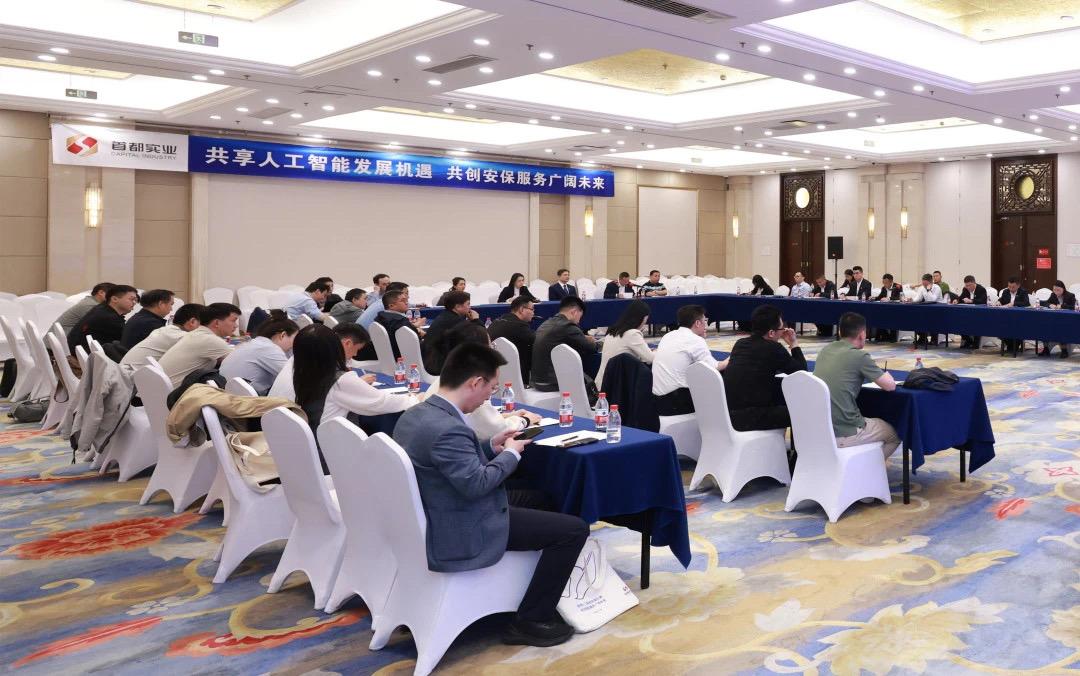Long-term Harm of Releasing Nuclear-contaminated Water
Fijians demonstrate against Japan's nuclear-contaminated water releasing. (PHOTO:XINHUA)
Edited?by?QI?Liming
Fifteen days have passed since Japan released nuclear-contaminated water from its damaged Fukushima power plant into the Pacific Ocean. In addition to the country's local protests, the international community showed great concern over the security of the marine ecosystem and the opacity of Japan's actions.
International scrutiny of Japan's action
According to IDN-InDepthNews, the non-profit international press syndicate, Fiji's protesters against the Fukushima nuclear-contaminated water release, marched through downtown Suva on August 25 and ended up at Albert Park, where participants voiced their apprehension about the potential environmental and health impacts of the action.
The protest was marked by speeches from civil society leaders who condemned Japan's decision and called for immediate reconsideration. It was also attended by Fiji's former Prime Minister Voreqe Bainimarama and former Attorney-General Aiyaz Sayed Khaiyum.
Alliance for Future Generations' (Fiji) Lavetanalagi Seru, a youth activist and one of the organizers of the protest, urged leaders to exercise good judgment and adopt a stronger regional stance against Japan's plan. The protesters emphasized that this issue wasn't just about the present, but also had lasting implications for future generations.
Meanwhile, as Bangkok Post reported, the Thailand Consumer Council has asked the Food and Drug Administration and the Department of Fisheries to take strict measures to screen seafood imported from Japan, for fear it could be contaminated by a radioactive isotope.
According to The Nation Thailand, Thavorn Thunjai, deputy director-general of the Fisheries Department, said on August 28 that the department has acknowledged public concern following reports of Japan releasing nuclear-contaminated water from the Fukushima nuclear power plant into the Pacific Ocean.
Thavorn said that the department has stepped up checks on seafood imported from Japanese cities close to Fukushima, including Tokyo, Saitama and Nagano. If any contamination is detected, the entire shipment of the imported seafood will be rejected and returned.
Negative cascading problems continue
Maxime Polleri, an assistant professor in the Department of Anthropology at Université Laval, Canada, who studies the governance of nuclear catastrophes, with a focus on the 2011 Fukushima nuclear disaster, speaking to The Diplomat, said the release and the fierce protests it engendered are stoking anxiety, mistrust, and even geopolitical tensions.
While the debate is raging around the dangers of tritium, it also revealed that the government was ill-prepared to deal with the aftermath of a nuclear catastrophe. It will do so by bringing anxiety toward food safety, hampering citizens' trust in their government, and fueling geopolitical tensions with Asian neighbors, said Polleri.
And even worse is knowing that removing Fukushima's melted nuclear fuel will be harder than the release of the plant's nuclear-contaminated water, according to Associated Press News.
"The best way to eliminate the contaminated water is to remove the melted fuel debris," said Tokyo Electric Power Company Holdings spokesperson Kenichi Takahara. But Takahara said the scarcity of information from inside the nuclear reactors makes planning and development of the necessary robotic technology and a facility for the melted fuel removal extremely difficult.
Japan has stuck to its initial 30-to-40-year target for completing the decommissioning, without defining what that means. Rushing the schedule could cause more radiation exposure to workers and more environmental damage. According to experts, it would be impossible to remove all the melted fuel debris by 2051 and would take 50-100 years, if achieved at all.







